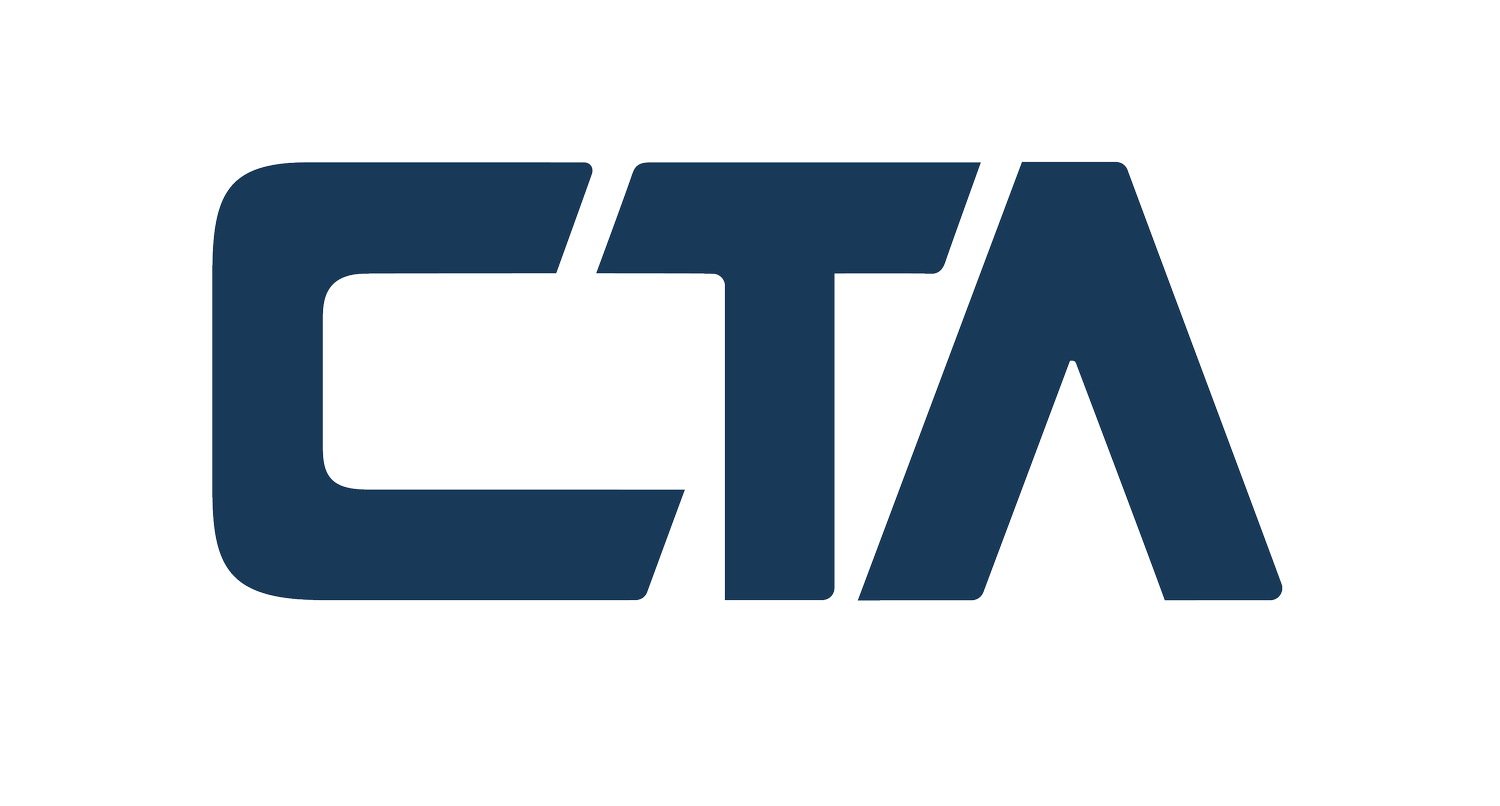In a letter dated July 31, 2025, the American Institute of CPAs (AICPA) pressed the Department of the Treasury (and IRS) for immediate guidance on the application of Section 174A, which governs domestic research and experimental expenditures for eligible small business taxpayers
Under a provision of recent legislation (Sec. 70302 of H.R. 12), eligible small businesses may substitute December 31, 2021 for December 31, 2024—effectively making research cost expensing retroactive—but must amend prior‐year returns to do so. A key ambiguity arises: businesses filing their 2024 returns have uncertainty over whether they may deduct such costs now, or must capitalize and later amend—even when an election has been made
AICPA’s Recommended Framework
The AICPA proposes Treasury adopt guidance featuring three main points:
- Deemed Election on Original 2024 Return
Allow a taxpayer who deducts 2024 domestic R&E costs on their initially filed return—along with a statement referencing the Section 70302(f)(1)(A) election—to be treated as having made a valid election. - Flexibility for Retroactive Application
Taxpayers would be permitted to elect either amend 2022 and 2023 returns to apply expensing, or treat the election as a change in accounting method, consistent with Section 70302(f)(1)(C). - NOL Carryforward Adjustment
Where taxpayers have net operating losses affected by the election, they may avoid re‑filing NOL‐year returns. Instead, they could adjust carryforward years with notation reflecting the election.
These proposals are designed to prevent unnecessary amended filings, reduce taxpayer burden, and support efficient administration.
Why the AICPA Seeks This Relief
- Practicality: Filing amended returns for all eligible years would be administratively burdensome for taxpayers and the IRS.
- Clarity: Tax advisors and taxpayers need certainty now as they finish 2024 returns.
- Effective Policy: Ensuring taxpayers aren’t penalized or forced to moderate behavior due to vague timing rules aligns with broader principles of fair administration
Will Treasury Adopt the AICPA Recommendations?
Predicting Treasury action is always speculative—but several factors suggest a reasonable chance the agency will incorporate at least parts of the AICPA’s suggestions:
- Historically Responsive: Treasury and the IRS regularly incorporate input from high‑profile comment letters—especially when clarity benefits both compliance and administration. The AICPA has successfully influenced guidance in areas including payment modernization and SECURE 2.0 provisions
- Alignment with Good Tax Policy: The recommendations promote simplicity, certainty, and administrability, themes the AICPA has repeatedly emphasized in its Priority Guidance Plan suggestions and Advocacy Framework.
- Timing Pressure: With the 2024 filing season underway, Treasury may feel urgency to issue clarification quickly.
- Political & Pragmatic Considerations: Treasury often avoids forcing widespread amendments when a simpler approach suffices—especially for small businesses.
That said, Treasury might resist some aspects:
- Legal Rigor: The deemed‑election concept may raise statutory interpretation issues. Treasury could instead favor a formal change‑in‑method procedure.
- Precedential Concerns: Establishing deemed election mechanics might set precedent across other code sections, which Treasury may approach cautiously.
- Scope Limitations: Treasury could narrow relief—for example, limiting deemed election only to taxpayers who file timely and include a clear statement, or excluding certain NOL adjustments.
What to Expect
- Short term: A Revenue Procedure, Frequently Asked Questions (FAQs) or Notice clarifying that deducting 2024 domestic R&E costs with proper election language is acceptable.
- Intermediate term: Guidance on NOL adjustments or change-of-method elections via change‑in‑method filings.
- Longer term: If statutory gaps persist or ambiguities remain, Treasury may publish proposed regulations or revised forms clarifying process.
Bottom Line
The AICPA’s July 2025 letter lays out a thoughtful and taxpayer‑friendly approach to resolving pressing questions about Section 174A. Given the technical merits, timing, and AICPA’s track record, Treasury is likely to endorse at least parts of the recommendations—especially regarding deemed election for 2024 and options for retroactive treatment—though full adoption is not guaranteed. Taxpayers should watch closely for IRS notices or Revenue Procedures before filing amended returns based solely on the election.
Disclaimer: This article summarizes guidance requests as of late July 2025 and reflects policy dynamics as understood at that time. Taxpayers and practitioners should monitor the IRS Priority Guidance Plan, Revenue Procedures, and the IRS website for updated guidance on Section 174A before taking action.









